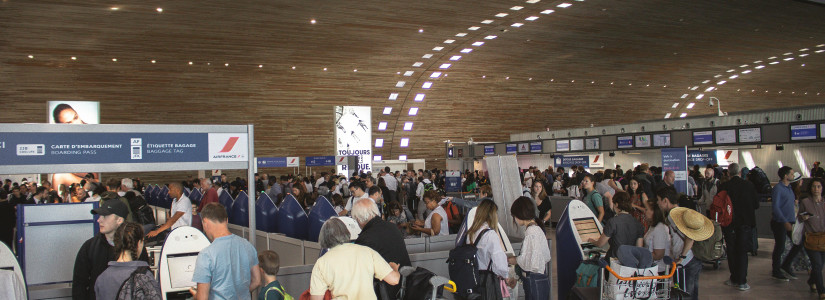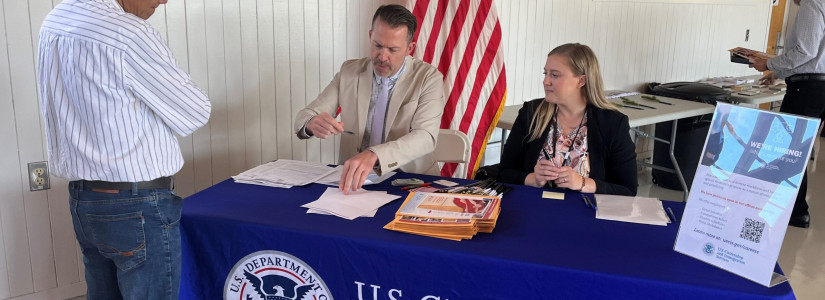The Power of H1-B Visas in Boosting U.S. Technology and Semiconductors
Recently, there have been delays in launching new chip manufacturing plants in the United States by big companies like Samsung in Texas and TSMC in Arizona. The main reason? Not having enough skilled workers.
This is a problem especially since the U.S. government has put in a big chunk of money - $280 billion over ten years - to get better at making advanced computer chips (semiconductors).
Even though there's a lot of money involved, money alone can't solve the issue of needing more skilled people to work. An important step that's sometimes overlooked is letting in more skilled workers from other countries.
Research shows that the H-1B visa, which is for skilled people coming to work in the U.S., is crucial for making more high-tech stuff within the country.
Check Out: What Is the H-1B Visa: A Quick Legal Guide
It's not a surprise that we need more folks who know how to make chips. Experts predict that we will be short of hundreds of thousands of workers, a number that could rise to 1.4 million by 2030.
For example, TSMC has been worried about not finding enough skilled workers for over two years, which is one reason they had to delay their plant. Samsung is trying to solve this by teaming up with the University of Texas to train more local talent for the semiconductor industry.
While it's great to invest in local talent, training takes time. The U.S. needs workers who are ready now if it wants to really get going on chip manufacturing.
The Impact of H1-B Visa on Tech Success
A study by the Center for Growth and Opportunity, authored by Mishita Mehra, Hewei Shen and Federico Mandelman, is the first to look at how letting more skilled workers into the U.S. affects new tech companies. They found that companies that got all the H-1B visas they asked for were more likely to survive the next five years.
On average, these companies had a slightly better chance of sticking around compared to those that didn't get their visas.
This might seem small, but it's actually pretty important. It means the tech sector stays competitive and innovative. The study also suggests that if it was easier for companies to hire skilled foreign workers, high-tech output could go up by 26% and average productivity by 0.4%.
In simple terms, if young tech companies can easily hire talented people from anywhere, it would help not only those companies but also the U.S. economy.
To make the most out of this, policymakers could make it easier to get H-1B visas, like increasing the number available or simplifying the application process.
While the idea of using immigration to support tech innovation isn't new, the study highlights the need for change, showing that the H-1B visa program is key to accessing the skilled workers U.S. companies need to grow and innovate.
Training U.S. workers is crucial, but to quickly boost success in the tech sector, revising U.S. immigration policies might be the spark needed.
-
Subscribe to our Newsletter to receive updates and resources about immigration benefits!
Related Articles
View all postsReady to get started?
Together, we'll turn your American dream into reality.
Your immigration journey is just a click away. Sign up for our newsletter to receive the latest updates, resources, and exclusive insights to aid your immigration journey. Let us be the guiding light to your new beginnings in the United States.
Subscribe









